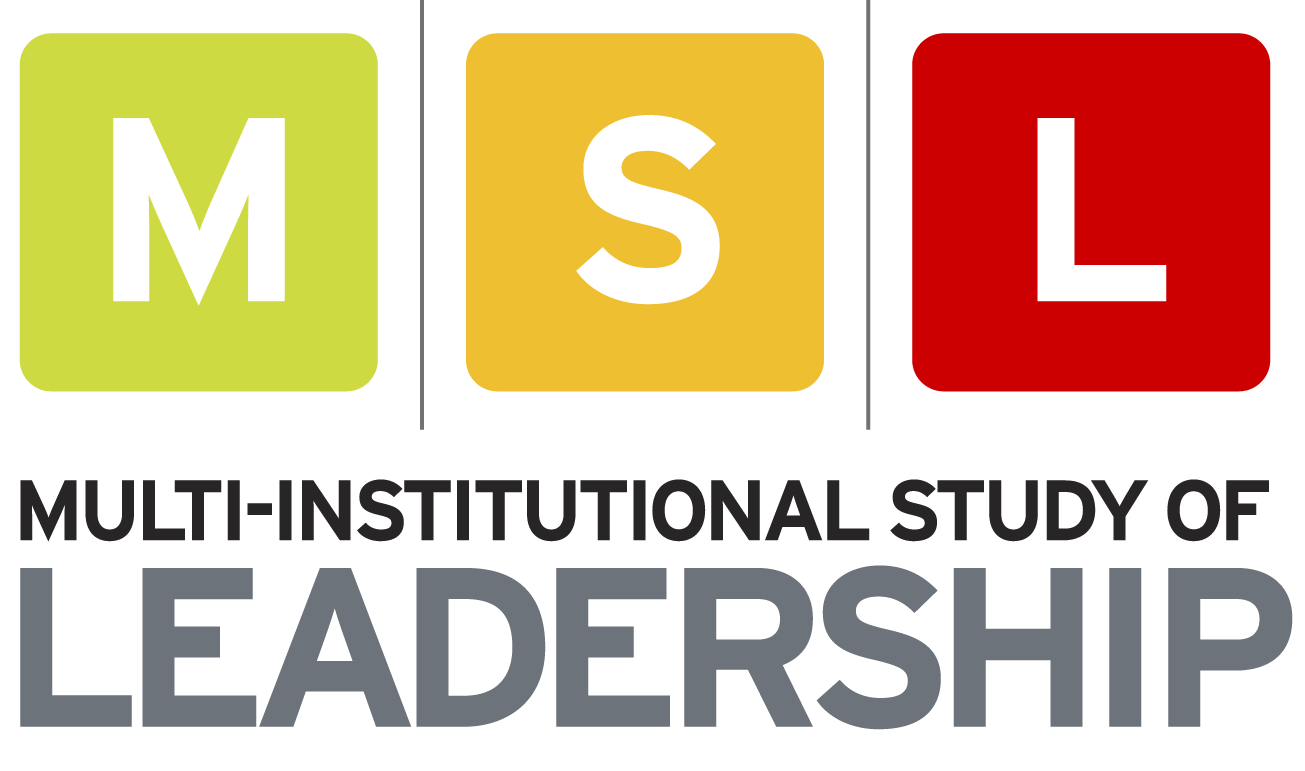CCP (1 of 6): Introduction to Leadership Theory: Cultivating Critical Perspectives (NASPA Leadership Podcast)
See our earlier post for the context of this post.
NASPA Leadership Podcast, hosted by Myles Surrett
Episode 23: Cultivating Critical Perspectives Part 1: Introduction with John Dugan
Myles sits down with John Dugan to discuss his new book, Leadership Theory: Cultivating Critical Perspectives. This first podcast of the series introduces the concepts and themes found in the book, and describes the process of developing the book and material.
In true critical perspectives fashion, even the style of the book is disruptive. At times formal, other times sarcastically sassy. Organized in theoretical clusters rather than the dominant linear narrative.
The purpose of the first three chapters of Cultivating Critical Perspectives is to serve as a framing device to think about how we consume theories as learners. It expands beyond college student leadership to include epistemology, power, and authority.
Chapter two focuses on critical perspectives and provides a “lens” through which to interpret the rest of the book. Drawing on meta-themes from critical social theory, the three key critical perspectives are:
Stocks of knowledge
Ideology and hegemony
Social location
The middle section groups theories thematically and introduces the reader to the art of deconstruction and reconstruction. Just as the most impactful leadership programs introduce increasing complexity of content, so does the book. Incremental advances take the reader through increasingly sophisticated deconstructions and potential reconstructions utilizing the three critical perspectives applied to the theories.
Several times during the podcast, John reminds the listener, “My deconstructions are my deconstructions” – you may do it differently, and that’s OK. The reader has the agency to restructure in a way that fits their needs – “almost like Legos” – breaking theory down and building it back up again.
Myles asks the pertinent questions – college student leadership is a small field where people know each other well. How did John approach critiquing their theories?
It was a struggle, but one that John struggled through with others – with the “book club” at Loyola and with other collaborators. He credits Dr. Amy Barnes for the “ethic of care” filter – all theories were approached from an ethic of care, and not a place of dismissal. John also discusses this sense of “Who am I?” to be critiquing theory, but encourages all of us to critique, and be open to critique of our critique. As lifelong learners, we have the agency, the expertise, and the knowledge to do so.
Some readers will believe John pushed too hard, others not hard enough, but he was tempered by a desire to engage the reader. “If someone stops reading because I’ve gone too far, then we lose the potential to change and disrupt that dominant narrative.”
To hear more tune in to the NASPA Leadership Podcast, hosted by Myles Surrett, at iTunes or SoundCloud.

